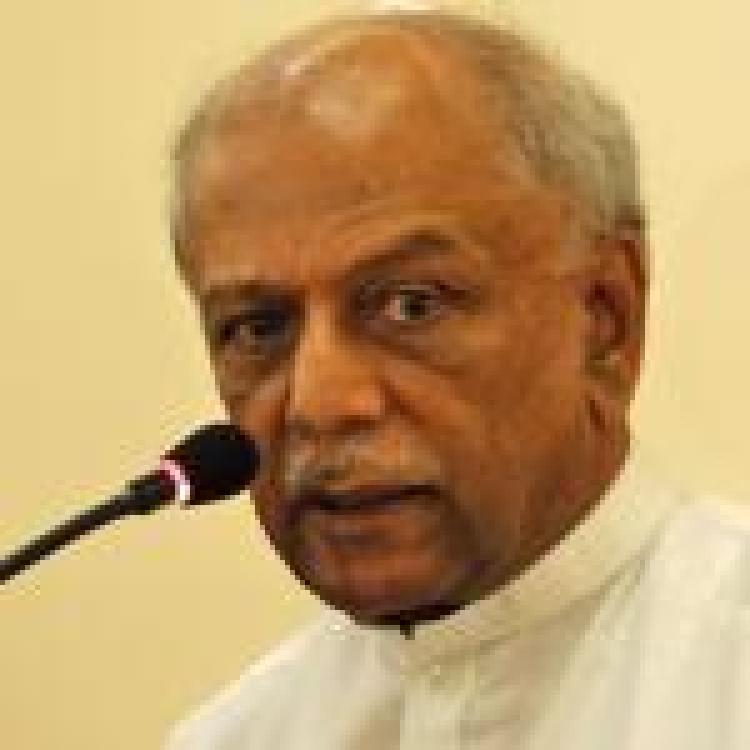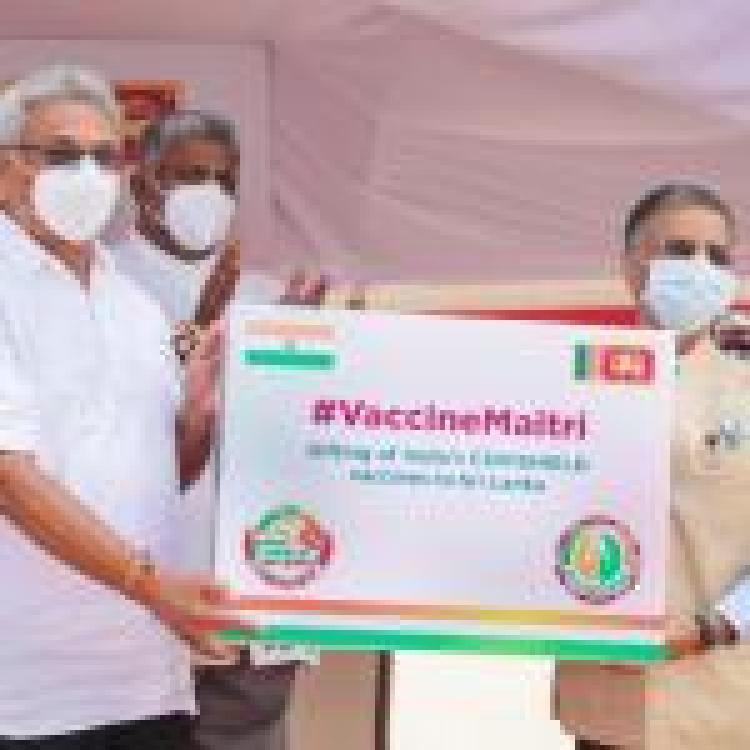There is no evidence to support claims by some western politicians that "genocide" was committed against the Uygur community in China's Xinjiang, said Sri Lanka's Foreign Secretary Jayanath Colombage in a recent interview with Xinhua. #GLOBALink pic.twitter.com/o4N2LpXlHh
— China Xinhua News (@XHNews) February 19, 2021
Speaking to Chinese State media, Xinhua, Sri Lanka’s Foreign Secretary, who himself stands accused of being complicit in the running of torture camps, denied any evidence of the government committing genocide against the Uighur Muslims in Xinjiang.
He went on to state:
“The government forces are kind of the guardian of the people of this province. This talk about genocide, I don’t think I have seen any evidence to suggest. Any country should have the right to eradicate terrorism. What I saw was Xinjiang was not a safe place to live […] I have experienced that Xinjiang is a peaceful region and there has not been a single case of a terrorist attack for the last four to five years. I think that itself is a great achievement”.
Sri Lanka’s Foreign Secretary’s statement follows the publication of a formal legal opinion of a member of the Queen’s Counsel which maintained that there is a “very credible case” that the Chinese government is carrying out genocide against the Uighur people.
The opinion highlights in great detail what it describes as “enslavement, torture, rape, enforced sterilisation and persecution" of the Uighurs. The opinion goes on to highlight that:
"Detainees report having been punished by the administration of electric shocks, forced to remain in stress positions for an extended period of time, beaten, deprived of food, shackled and blindfolded."
The statement also highlights a mass forced sterilisation campaign as part of a plan for population control acknowledged by Chinese authorities.
The report also details the forcible removal of children from their parents stating:
There is evidence of Uighur children being forcibly removed from their parents. This includes their non-consensual placement in orphanages when one or both parents are in detention and their mandatory placement in boarding schools.
China has faced fierce international criticism for its forced reeducation camps, which China has rejected and has instead described as “vocational training centres”. Sri Lanka’s Foreign Secretary applauded the Chinese claiming:
“I was able to visit some of these vocational training centres they look like fully-fledged universities”.




